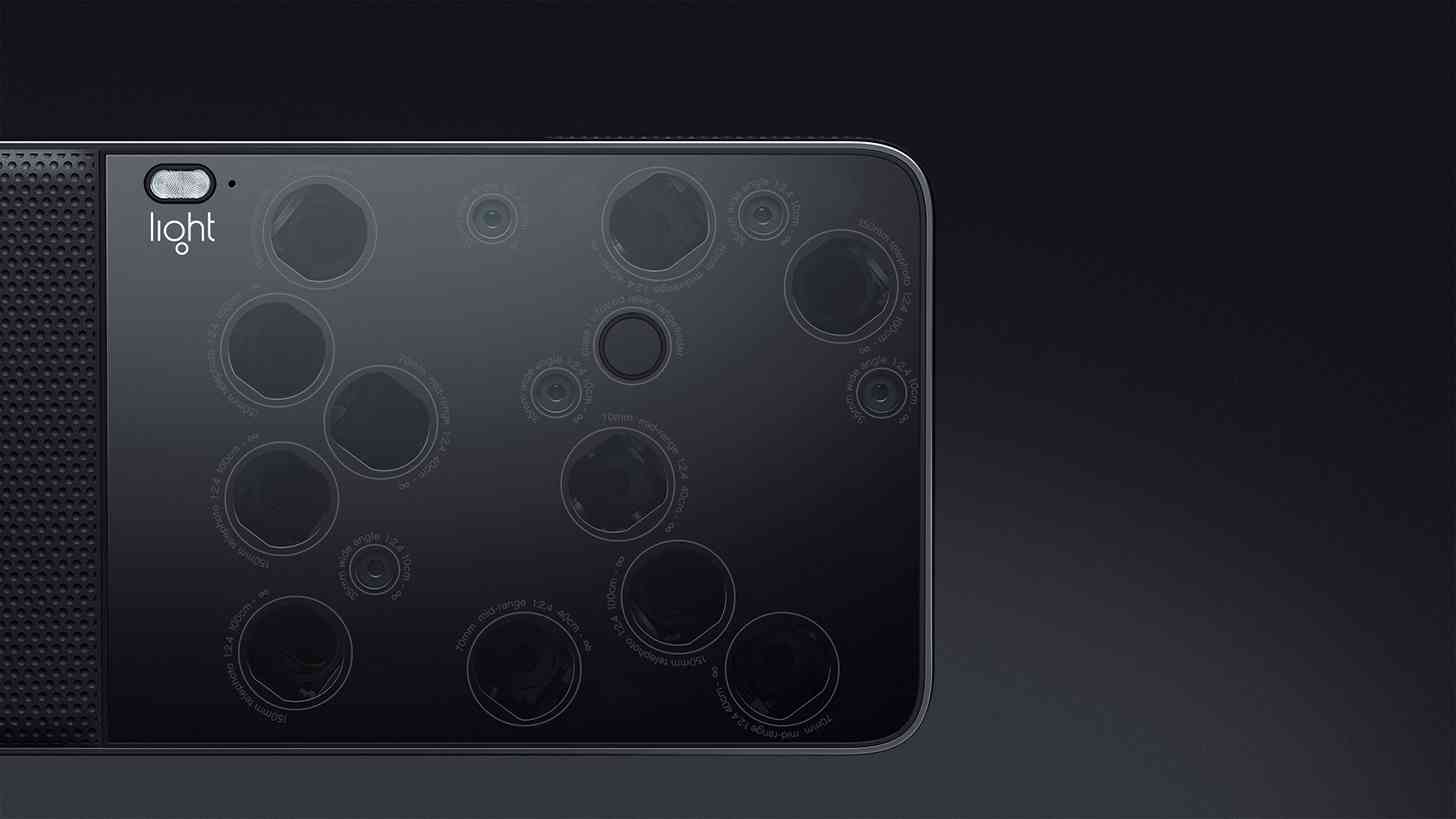
Android-powered cameras are nothing new, with Samsung having crafting such devices in the past. But the new Android-based camera from Light is a bit different.
The Light L16 is a point-and-shoot camera that has 16 different lenses packed into its body. Five of the lenses have an equivalent focal length of 35mm, five are at 70mm, and six are at 150mm, giving the Light an optical zoom ranging from 35mm to 150mm. When you take a photo, several of these lenses capture images at different focal lengths, and then the Android software fuses those shots together to create a single image up to 52 megapixels. The multiple focal lengths also let you alter an image’s depth of field after the phone has been taken. The L16 can capture 4K video, as well.

Light’s L16 includes a 5-inch touchscreen that you use to control the device and edit photos, with the only physical button being a shutter button. If you’re only going to include one button on your camera, that’s a good one to have. The L16 also offers Wi-Fi, which means you’ll be able to share your photos after you take ‘em. All of these features are packed into a body that Re/code says is about the size of a Nexus 6 (which measures 159.3mm tall and 83.0mm wide), but twice as thick (the Nexus 6 is 10.1mm thick at its thickest point).

Light is accepting a limited number of pre-orders for the L16 at a price of $1,299, which is $400 off the device’s regular $1,699 asking price. If you do decide to pre-order, you’ll pay $199 today, with the balance due when the device ships in late summer 2016. The discounted price will be available through November 6.
There’s no question that the Light L16 is a unique device. As I said before, we’ve seen some companies use Android on their dedicated camera hardware before, but the L16’s use of Android on a large touchscreen and its 16 different lenses make it a pretty interesting piece of kit. However, at $1,299 or $1,699, the L16 is going to be a tough sell for most folks. Smartphone cameras are getting good enough to be the main camera for many mainstream consumers, and camera aficionados likely either already own a solid DSLR or would rather buy a DSLR that offers swappable lenses. The L16 could be interesting to folks that like unique cameras, though.